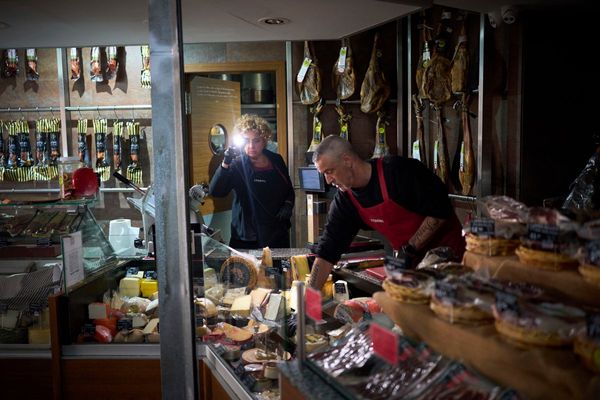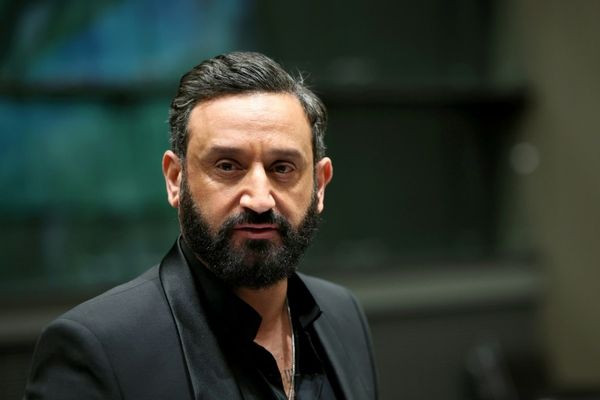
The Liberal party should set a target for 50% of candidates and new MPs to be women, according to a review of the Coalition’s 2022 election loss.
Guardian Australia has confirmed the review, which is being finalised this week, will not recommend a binding quota despite highlighting the need to boost female representation as central to modernising the party.
Despite a record number of women elected in the House of Representatives, the number of women Liberal MPs fell from 13 to nine after the 2022 election.
Among the 17 lower house seats lost by the Coalition, it lost seats held by MPs Gladys Liu, Celia Hammond, Katie Allen, and Fiona Martin, with only limited renewal achieved by the election of Zoe McKenzie in the Victorian seat of Flinders and Jenny Ware regaining Hughes in south Sydney.
The review, conducted by former federal director Brian Loughnane and the shadow finance minister, Jane Hume, is expected to conclude the Coalition campaign failed to make policy central to the pitch for re-election, allowing a presidential campaign focusing on Scott Morrison.
But apparent leaks of aspects of the review to the Australian blaming factionalism for the party’s performance have sparked concerns that Morrison may be let off the hook for long delays in New South Wales preselections.
On Tuesday Liberal MP Jason Falinski told Sky News the news report blaming factionalism was “not correct” and “not what the [review] says”.
Internal critics blame Morrison’s representative on the NSW executive, Alex Hawke, for delays in candidate vetting resulting in a slate of hand-picked candidates just nine days out from the campaign, including controversial Warringah candidate Katherine Deves. Morrison defended the late picks as necessary to protect women in his team from challenges.
After the disastrous Victorian election defeat in November, Hume said the party needs to improve “representation within the party” – including of professional women – to “better reflect communities we represent”. She dismissed quotas as a “very blunt solution” to the problem.
The deputy federal leader, Sussan Ley, has also advocated for all states and territories to adopt a 50% gender target, which the NSW division did ahead of the May poll.
Liberal senator Andrew Bragg told Guardian Australia the party needed to “reconnect with the professional classes”, including but not limited to women.
“Lawyers, accountants and medical professionals don’t want to vote Liberal if we’re pursuing weirdo culture war agendas. This is not America, it’s Australia.”
Bragg, who outlined an ambitious suite of policies after the May loss including free childcare and voluntary superannuation, called for a “clear, differentiated and detailed economic policies on things like housing and emissions reduction, tax and super”.
“Then you’ve got to maintain a broad view on social policy and not get dragged into the margins.
“We need to maintain that live and let live ethos – it’s really important in metro areas.”
Since his elevation to Liberal leader after the election loss, Peter Dutton has initiated a review of the party’s climate policies and offered bipartisan support for the national anti-corruption commission.
But Dutton has been criticised for not making a more decisive break with the Morrison era, including for the decision to oppose the censure of the former prime minister over the multiple ministries controversy.
With the prime minister, Anthony Albanese, riding high in the polls and a big lead on Dutton as preferred prime minister, Labor is hopeful it can improve on a slim two-seat majority at the next election.
The shadow immigration minister, Dan Tehan, said the review shows the party must ensure “we’re doing that outreach, doing that engagement and ensuring that we are in touch with modern Australia”.
“I think we can change the culture in the coming months, in the coming years, and we will change the culture in the lead-up to the next election – we have to,” he told Sky News.
On Monday the NSW treasurer, Matt Kean, praised the “comprehensive” review and again advocated for a “more diverse and representative” Liberal party.
“My views on these issues are very well known,” he told reporters. “I’ve been a fierce advocate for a stronger, more diverse and representative Liberal party and I’ll continue to be that.”
In August the NSW division of the Liberal party changed its rules to require it to publish and follow a timetable for preselections within 12 months of an election.







